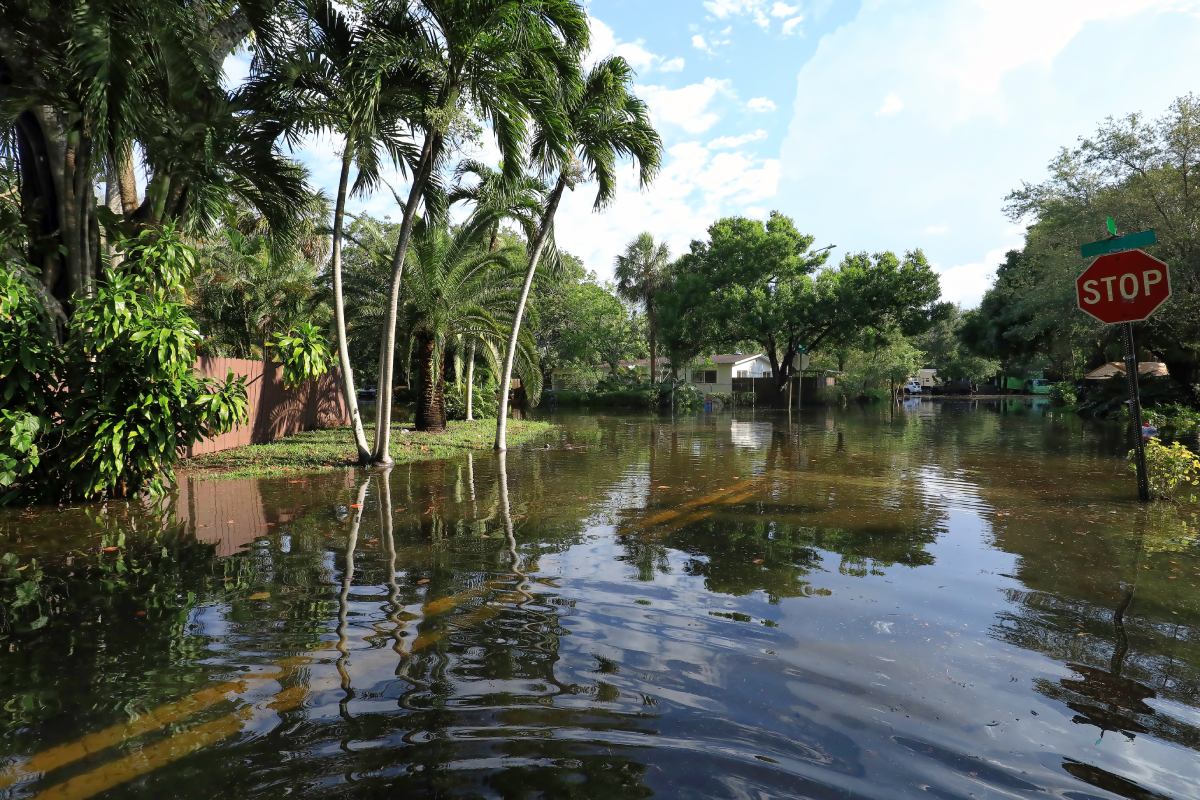Florida’s offer of judgment statute is found in section 768.79 of the Florida Statutes. The statute reads:
Offer of judgment and demand for judgment.—
(1) In any civil action for damages filed in the courts of this state, if a defendant files an offer of judgment which is not accepted by the plaintiff within 30 days, the defendant shall be entitled to recover reasonable costs and attorney’s fees incurred by her or him or on the defendant’s behalf pursuant to a policy of liability insurance or other contract from the date of filing of the offer if the judgment is one of no liability or the judgment obtained by the plaintiff is at least 25 percent less than such offer, and the court shall set off such costs and attorney’s fees against the award. Where such costs and attorney’s fees total more than the judgment, the court shall enter judgment for the defendant against the plaintiff for the amount of the costs and fees, less the amount of the plaintiff’s award. If a plaintiff files a demand for judgment which is not accepted by the defendant within 30 days and the plaintiff recovers a judgment in an amount at least 25 percent greater than the offer, she or he shall be entitled to recover reasonable costs and attorney’s fees incurred from the date of the filing of the demand. If rejected, neither an offer nor demand is admissible in subsequent litigation, except for pursuing the penalties of this section.
This statute protects people and business entities from frivolous litigation; however, it also provides a mechanism for intimidation and can detour legitimate causes of action in fear of a personal judgment. An applicable legal issue arises in insurance law when insurance companies serve offer of judgments that are less than what is required to repair damaged property. Many times, it is simply a monetary dispute; on other occasions, policyholders are seeking an equitable declaration of their rights under the terms of the policy.
On January 13, 2013, the Florida Supreme Court issued a decision that provides policyholders with access to the court system without fear of being served an offer of judgment and the potential exposure that ensues.
In Diamond Aircraft Industries, Inc. v. Horowitch,1 the Florida Supreme Court addressed the following issue:
Does Florida Statute section 768.79 apply to cases that seek equitable relief in the alternative to money damages, and, even if it does not generally apply to such cases, is there any exception for circumstances in which the claim for equitable relief is seriously lacking in merit?
The Court held:
We answer both parts of this certified question in the negative and conclude that section 768.79 does not apply to cases that seek both equitable relief and damages, and that section 768.79 does not provide an exception to this rule for equitable claims that lack serious merit.
The Court reasoned that the plain language of the statute requires a party to seek damages. An equitable action, like specific performance in Diamond Aircraft Industries, Inc. or a declaratory action seeking the interpretation of an insurance policy, which is more common in our field, is not an action for damages and not subject to the offer of judgment statute.
The Court explained that if a legal action includes a claim for damages and a claim for equitable relief, Florida’s offer of judgment statute does not apply.2,3 This holding is incredibly important to all policyholders in Florida and reinforces the importance of seeking competent professionals who understand the significance of your claim and how to obtain the best possible result.
1 SC11-1371, 2013 WL 105328 (Fla. Jan. 10. 2013).
2 See Winter Park Imports, Inc. v. JM Family Enters., 66 So.3d 336, 340 (Fla. 5th DCA 2011); Palm Beach Polo Holdings, Inc. v. Equestrian Club Estates Prop. Owners Ass’n, Inc., 22 So.3d 140, 143–44 (Fla. 4th DCA 2009).
3 The reasoning adopted in those decisions is that strict construction of the phrase “any civil action for damages ” in the offer of judgment statute does not include a claim for equitable relief, or one that involves claims for both monetary and nonmonetary relief. See Winter Park, 66 So.3d at 338–42; Palm Beach Polo, 22 So.3d at 143–45.



